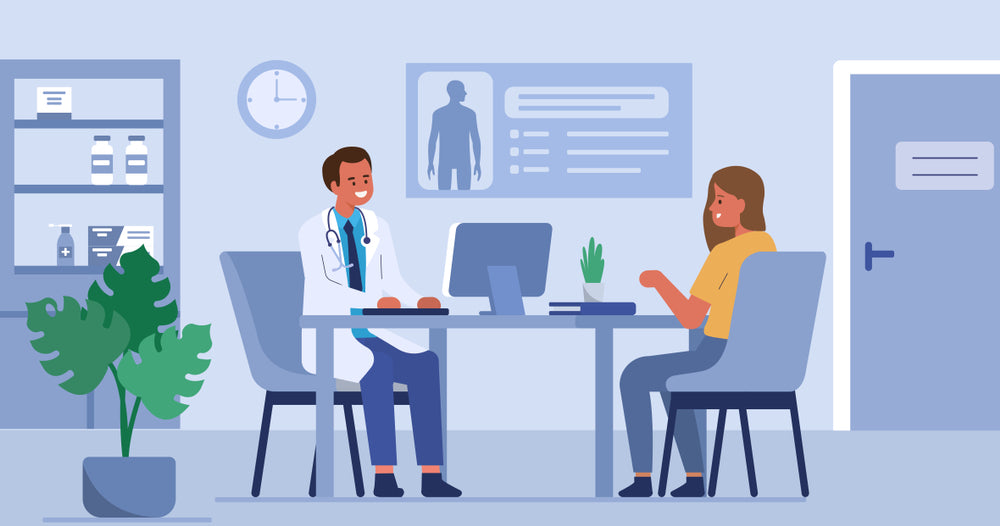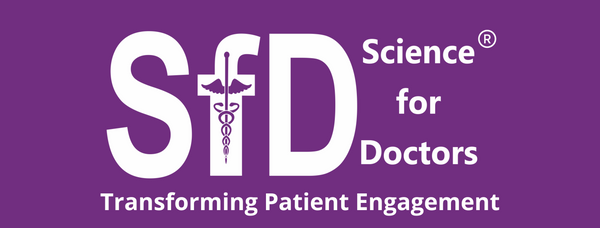
The Importance of Patient Education in India: Empowering Health for a Brighter Future
Share
India’s healthcare landscape is as diverse and complex as its population. With a vast array of health challenges, ranging from chronic diseases to infectious outbreaks, patient education has never been more crucial. In a country where healthcare access and information can vary significantly, empowering individuals with knowledge is key to improving health outcomes and fostering a more informed and proactive society.
1. Bridging the Knowledge Gap
In India, disparities in healthcare access and education often lead to significant gaps in health literacy. Many individuals, especially in rural and underserved areas, may not have access to accurate and comprehensive health information. Patient education helps bridge these gaps by providing essential information about health conditions, treatment options, and preventive measures. This knowledge is vital for making informed decisions and managing health effectively.
2. Enhancing Health Literacy
Health literacy is a significant issue in India, where varying levels of education and access to information impact individuals' ability to understand and act on health advice. Patient education efforts can improve health literacy by simplifying complex medical information and using culturally relevant and accessible methods of communication. This includes using local languages, visual aids, and community-based education programs to ensure that information reaches and resonates with diverse populations.

3. Strengthening Doctor-Patient Relationships
In India, the doctor-patient relationship is central to effective healthcare. Patient education fosters a more collaborative relationship by encouraging open communication and shared decision-making. When patients are well-informed, they can engage more actively in their care, ask relevant questions, and express their concerns, leading to more personalized and effective treatment plans.
4. Combating Misinformation
With the rise of digital media, there is a growing influx of health information online, not all of which is accurate or reliable. Patient education helps individuals discern credible sources and avoid misinformation. By providing accurate, evidence-based information, healthcare providers can help patients navigate the complexities of health information and make informed choices.

Conclusion
Patient education is a critical component of healthcare in India, where diverse health challenges and varying access to information create a complex landscape. By prioritizing patient education, we can bridge knowledge gaps, improve chronic disease management, promote preventive care, and enhance overall health literacy. Empowering individuals with the knowledge they need to take charge of their health is not just a goal—it's a pathway to a healthier, more informed India. As we continue to advance in healthcare, let us remember that education is the key to unlocking better health for all.
